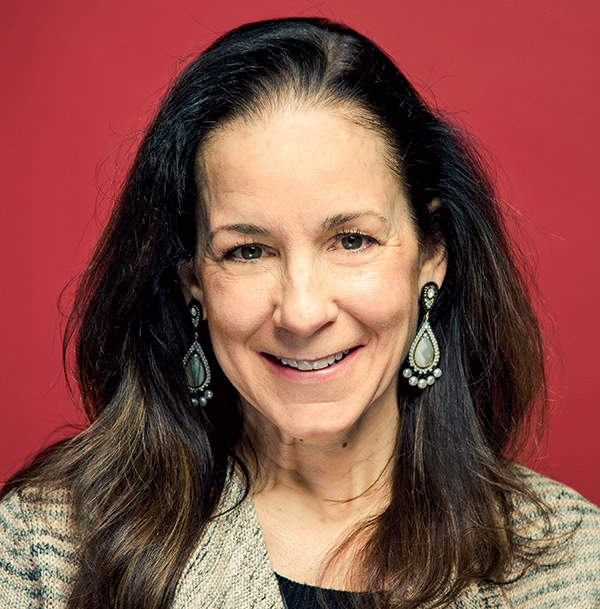“[W]e are learning about the process by which racial, ethnic, and economic segregation is reproduced and legitimized by a hierarchical understanding of different races and cultures in our society,“ writes Amy Start Wells, Professor of Sociology and Education, in an opinion piece, in Education Week. "This racial hierarchy, which is often vehemently denied by many who perpetuate it, fosters implicit racial biases that shape the choices of educators, parents, and home buyers.”
In her piece, "How to Redefine 'Good' in Education," Wells, a reknowned scholar of racial segregation in public schools who is also President of the American Educational Research Association and Director of TC's Reimagining Education Summer Institute, praises programs such as the “diversity by design” initiative in San Antonio, which controls school assignments so that half of the students come from outside the neighborhood, or so preference is made for students within a 2.5-mile radius that includes both public housing and million-dollar homes. Wells calls this a “bold approach to targeting concentrated poverty and segregation – two key predictors of low student achievement – in public schools.”

Amy Stuart Wells, Professor of Sociology and Education
But to achieve true equity of opportunity and success in America's schools, educators, administrators and policymakers also need to dig deeper, she writes. They need to question how their assumptions about “race, ethnicity, and culture shape the way we define 'good' students, schools, and communities” and perpetuate stereotypes that “doom certain schools and students to ‘failure.‘”
Wells writes that “the ethnic studies movement in the Southwest and the culturally relevant pedagogy movement in the Northeast are ... beginning to address these issues. However, true integration may be elusive without this reexamination.“
Read How to Redefine 'Good' in Education.
This year's Reimagining Education: Teaching and Learning in Racially Diverse Schools will be held July 15-19, 2019.